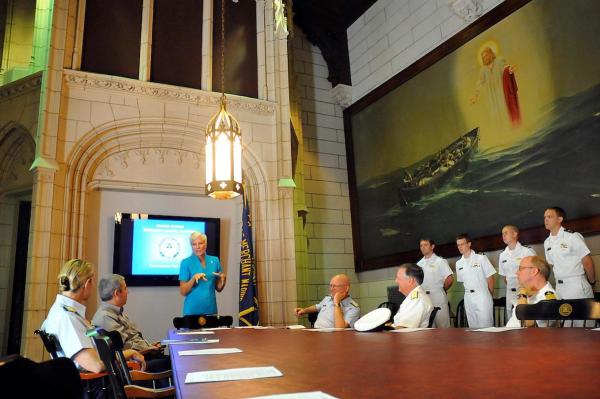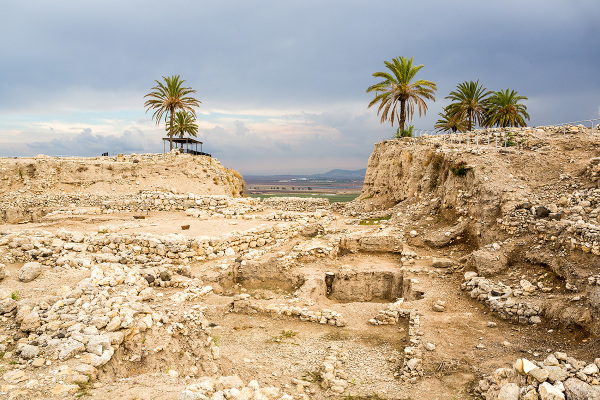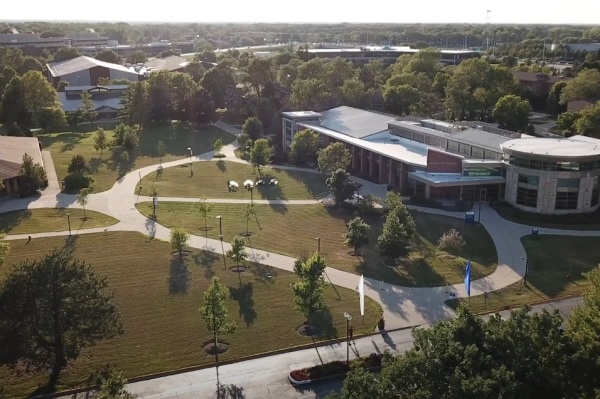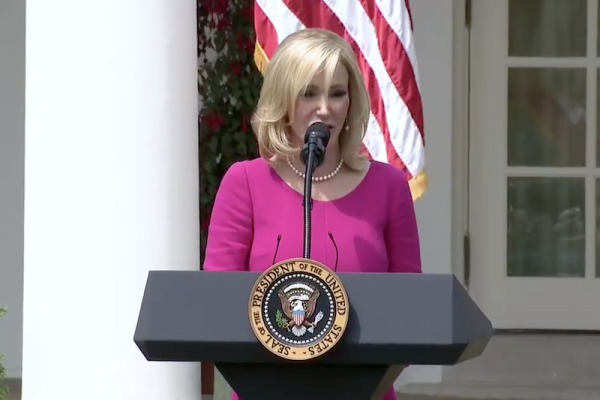Sharia Law Begins to Restrict Women in Swat Valley
Women living in the northwest region of Pakistan have begun to feel the restrictive effects of sharia law this week as its courts start to administer justice.
Under the newly imposed Islamic laws, which began on Monday, women living in Malakand area are not allowed to be or speak in public by themselves, they must cover their heads, and thousands of girls are likely to now be unable to go to school, according to Asia News.
Also, Protestant and Catholic residents, who number about a thousand, fear discrimination and many have begun to move to areas where sharia law is not the legal justice system.
The local government of the North West Frontier Province (NWFP), with the approval of the central government headed by President Asif Ali Zardari, had reached an agreement with local Muslim leaders to allow sharia courts to be in charge of justice in the Malakand area in exchange for terrorist groups to stop their extremist activities in the region.
In recent months, there has been a surge in violence by terrorist groups, especially in Swat Valley, including beheadings, burning girls schools and assaulting security forces.
The Muslim leaders, who have intimate times with local terrorist groups, assured that if sharia courts are allowed to administer justice then groups such as the Taliban and Al Qaeda will cease their attacks on civilians.
It's worth noting that one of the Muslim leaders participating in the negotiation had previously led a band of men to fight alongside the Taliban in Afghanistan against the U.S.-led coalition.
The sharia courts in Swat Valley, according to NWFP communication minister Iftikhar Hussain, will be a model for other districts when they also enact sharia.
"Wherever you see sharia being practiced, it has always come to exist in that society through violence," commented Nonie Darwish, author of the newly released Cruel But Usual Punishment: The Terrifying Global Implications of Islamic Law, to The Christian Post in an interview on Tuesday.
"I don't believe that sharia is a religious right," she argues, saying that the West must define what is a religious right. "One of the basic, in my opinion, principles of a religious right is it must not hurt non-members of that religion … sharia law violates the human rights of women, non-Muslims because it's part and parcel of sharia law to discriminate against non-Muslims."
Darwish lived under sharia law for 30 years and her new book details what life is like for Muslims, especially women, in a society that practices sharia. Since moving to the United States, she has become a follower of Jesus Christ and an outspoken critic of Islam and sharia.






















